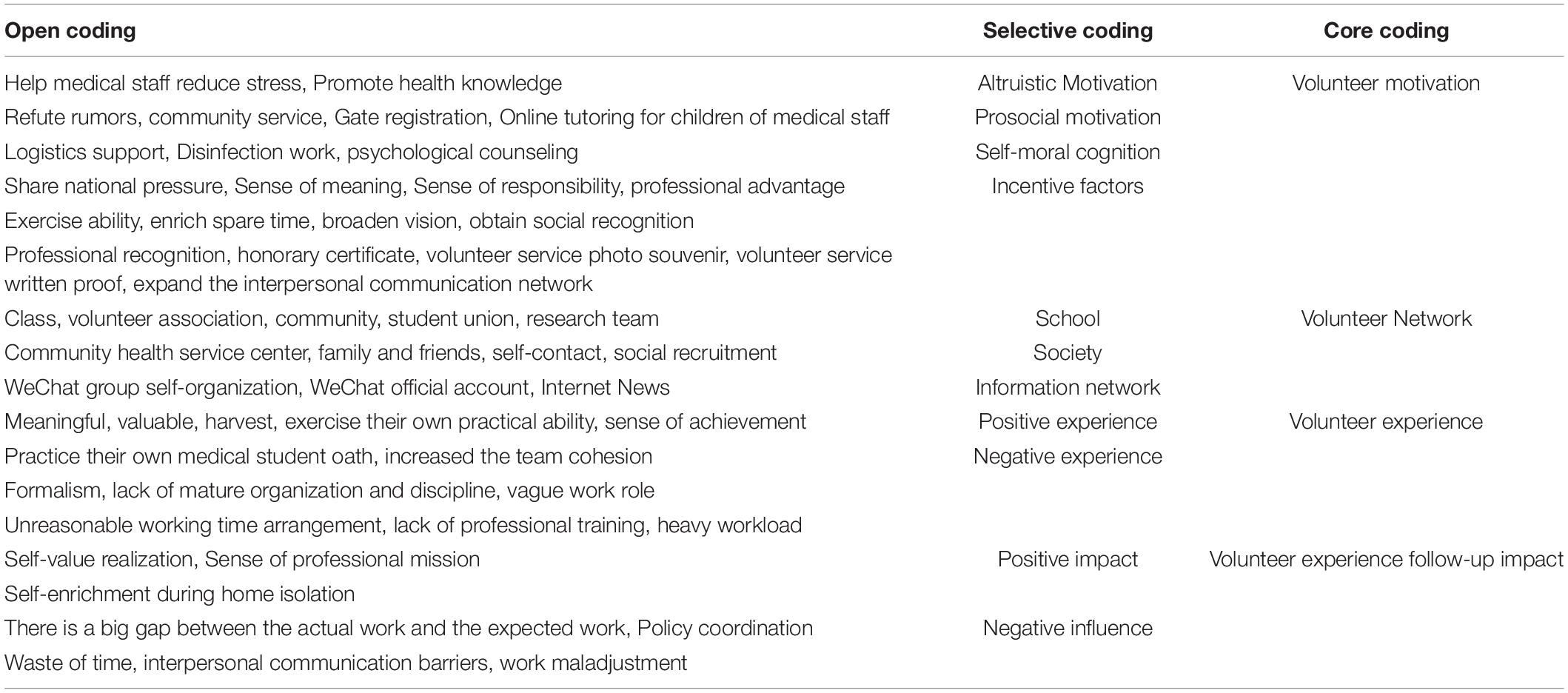

In: Bongar B, Brown L, Breckenridge J, Zimbardo P (eds) Psychology of terrorism. Third Sector Research Centre Working Paper 81, pp 1–19īutler L, Morland L, Leskin G (2007) Psychological resilience in the face of terrorism. Oxford University Press, Oxfordīüchs M, Edwards R, Smith G (2012) Third sector organisations’ role in pro-environmental behaviour change – a review of the literature and evidence. īryman A (2012) Social science research methods.

Qual Res Psychol 3(2):77–101īruyere B, Rappe S (2007) Identifying motivations of environmental volunteers. īraun V, Clarke V (2008) Using thematic analysis in psychology. Springer, Dordrechtīerkes F, Jolly D (2001) Adapting to climate change: social-ecological resilience in a Canadian western Arctic community. In: Tidball K, Krasny M (eds) Greening the red zone. Global Environmental Change 20(2):255–265īarthel S, Parker J, Folke C, Colding J (2014) Urban gardens: pockets of social-ecological memory. īarthel S, Folke C, Colding J (2010) Social–ecological memory in urban gardens-Retaining the capacity for management of ecosystem services. īarthel S, Colding J, Elmqvist T, Folke C (2005) History and local management of a biodiversity-rich urban cultural landscape. īarthel S, Isendahl C (2012) Urban gardens, agriculture, and water management: sources and resilience for long-term food security in cities. Īsah ST, Blahna DJ (2013) Practical implications of understanding the influence of motivations in commitment to voluntary urban conservation stewardship. By exploring these characteristics, groups were able to understand how they operate, knowledge which can then be used to enhance their future activities to help strengthen the resilience of social-ecological systems.Īdger WN (2000) Social and ecological resilience: are they related? Prog Hum Geogr 24(3):347–364. Findings show there to be variability in these characteristics explored amongst local community groups, providing further contextual insight into how these local community groups operate. The study is reported from the perspective of 13 local community groups in Greater London (UK) who engaged in environmental volunteering as a case study. This is explored through the lens of four characteristics regarded as key attributes fostering resilience in social-ecological systems using focus group interviews: activity, self-organisation, connections and skills and knowledge. This study provides further understanding about social-ecological resilience and examines how environmental volunteering has the potential to promote and strengthen the resilience of social-ecological systems. However, these studies have not fully explored those characteristics environmental volunteering groups undertake which can help to promote and support the resilience of social-ecological systems. There has been a growth in studies exploring the potential impact of people engaging in environmental community-based practices has on the resilience of social-ecological systems. Engaging in environmental community-based practices such as environmental volunteering has been shown to offer a range of benefits, including social connectivity.


 0 kommentar(er)
0 kommentar(er)
